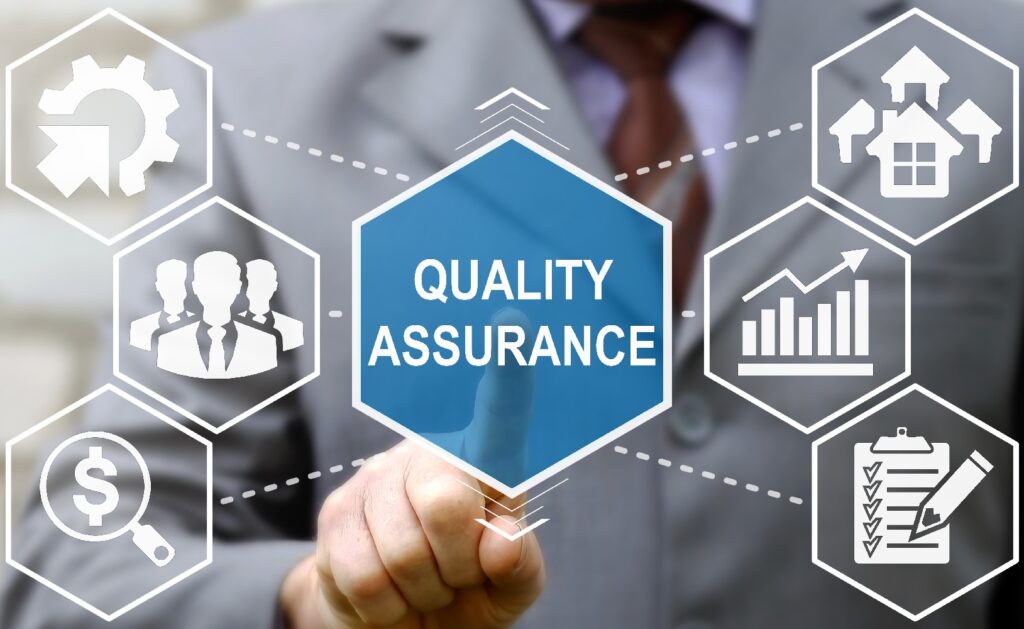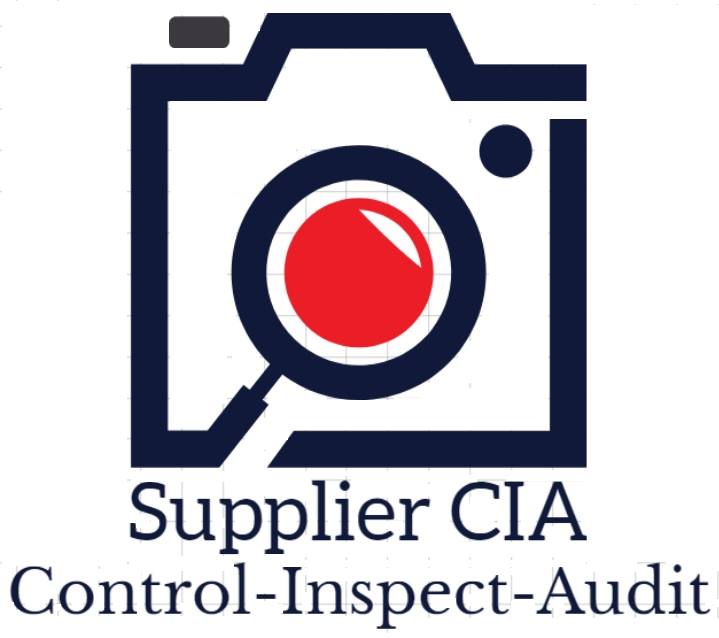
Before Start to import; define realistic objectives.
Buying from a far away supplier is more complicated than buying from domestic suppliers. Confirmation on a price and having samples are not the only steps for moving up.
Cost: For fast decision buyers mostly focus on the lowest price of product. Do not ignore quality assurance efforts or supplier searching costs.
Timing: Surely supplier promises a shipment date but often delays. Keep at least two weeks for the safety of your plan. Rush in production results in quality defects.
Quality: It is on the shoulder of the buyer to define clear specifications about the product and verify they are understood and met from the supplier side. Suppliers or their dedicated quality controllers mostly tendency on “probably good enough” according to their standards. The buyer should define clear sets on their expectations about product quality.
Four Quality Assurance Steps while importing from Turkey

1- Finding Supplier:
The development of a new product and the final production can take 6 months while working with a new supplier. That is why switching suppliers on the road is risky and time-consuming.
A) The main question should be “Is my business attractive to this supplier, and is he capable of delivering as needed?” So, do not look for the biggest supplier of Turkey, or an (often meaningless) ISO 9001 certificate. Your orders should represent %10 – %50 of their production volume. Small workshops may be unreliable, the bigger factories may not be flexible and do not give priority to you.
B) Be aware of uncontrolled subcontracting!
C) Are they big enough to satisfy orders during peak season?
D) Do they have a reliable quality system?
2- Define Clear Product Specifications:
Avoid a very famous and risky business routine; see a sample, approve it and let supplier start production. It can work while working with a 10 years relationship with the same product.
Perfect sample paralogy: For getting new customers all the suppliers prepare a perfect sample. However, bulk production rarely the same as the sample. Sample could be approved, however, the buyer should define all the details about materials, product specs and packaging. Otherwise for undefined matters suppliers find the cheapest solution.
About Safety Standards: From official websites or quality assurance firms ask for safety regulations for your market. Never forget; asking from supplier for unknown matters is the riskiest method.
Write all down: List requirements without any empty room and translate it to Turkish. Do not forget; “ A signature at the bottom of a page is the most powerful reminder!”
3- Quality Inspection & Testing (Trust but Verify):
Working with a new supplier may result in 20 % product defects and sending them back is nearly impossible. You can send a 3rd part inspector or your own staff to check quality when they are still in the factory. Do not rely on “Trust me, I will check quality myself.”
A) You can make inspections in three stages of the production: Pre-Production Inspection, During Production Inspection and Pre-Shipment Inspection. Read from details; https://suppliercia.com/quality-inspection/
Planning Inspections:
- When developing new product ask for an extra sample for inspector’s reference.
- In the Purchase Order state that: “Inspection required anytime necessary by the buyer.”
- Payment method, If it is L/C, ask for a document for Passed Inspection.
- Ask for the Final-Inspection date and Ex-Factory date, not only Shipment date.
- Prepare Bill of Materials and Product Specs as a checklist for the inspector.
B) Depending on the safety standards you can ask an inspector to take some samples and send them to a lab that you pay directly. Requesting this from the supplier is risky.
4- Payment after Quality Confirmed & Contract
Payment: Buyers has the position of power as long as they owe money to supplier.
- Supplier will not stay behind the schedule, buyer may ask for a discount.
- Supplier can not refuse the inspection.
- Buyer can ask re-works for defects after the inspection.
Contract: For large orders and risky situations, OEM contracts very helpful while starting with a new supplier, If they are professionally written. By this way buyer has approval on;
- Product specifications and bill of materials
- Payment terms
- Quality control plan
- Protection of intellectual property

